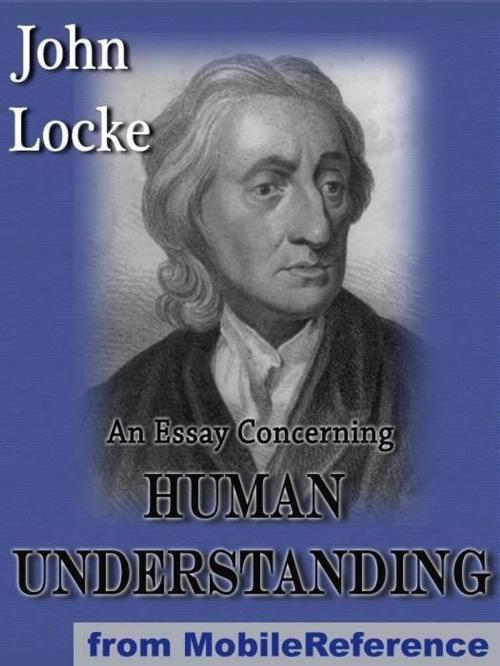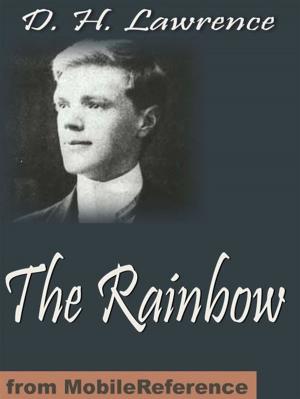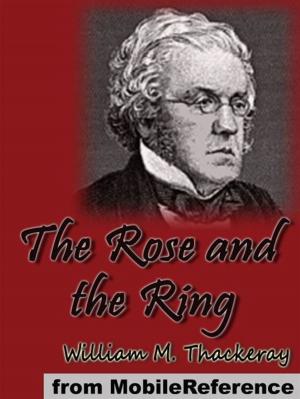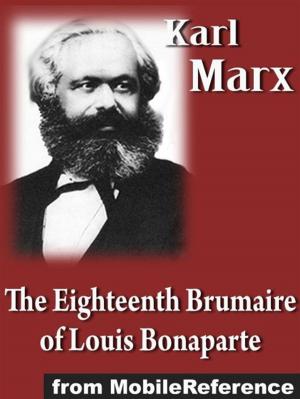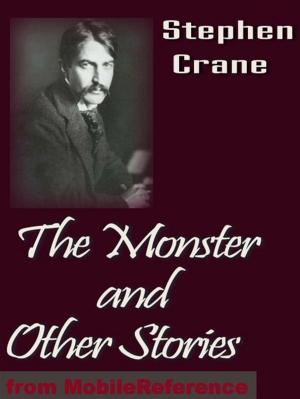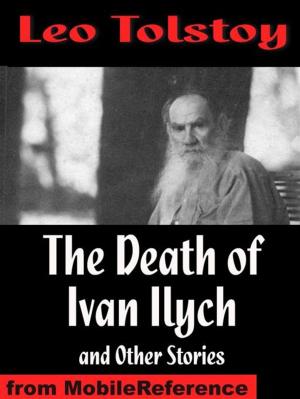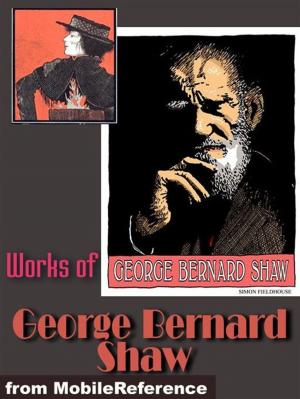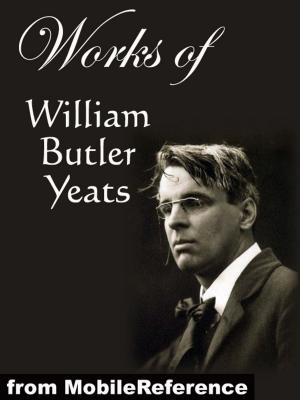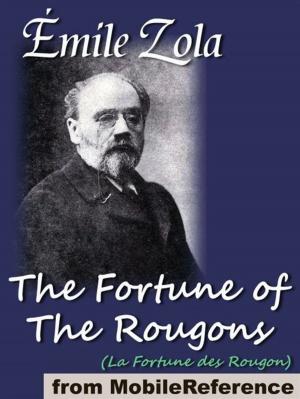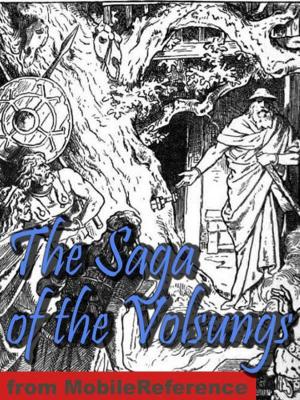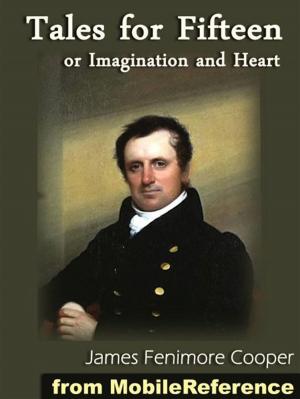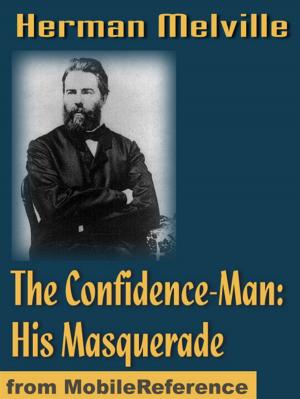An Essay Concerning Human Understanding (Mobi Classics)
Nonfiction, Religion & Spirituality, Philosophy, Mind & Body| Author: | John Locke | ISBN: | 9781605017570 |
| Publisher: | MobileReference | Publication: | January 1, 2010 |
| Imprint: | MobileReference | Language: | English |
| Author: | John Locke |
| ISBN: | 9781605017570 |
| Publisher: | MobileReference |
| Publication: | January 1, 2010 |
| Imprint: | MobileReference |
| Language: | English |
An Essay Concerning Human Understanding is one of John Locke's two most famous works, the other being his Second Treatise on Civil Government. First appearing in 1690, the essay concerns the foundation of human knowledge and understanding. He describes the mind at birth as a blank slate (tabula rasa, although he did not use those actual words) filled later through experience. The essay was one of the principal sources of empiricism in modern philosophy, and influenced many enlightenment philosophers, such as David Hume and Bishop Berkeley. Excerpted from Wikipedia, the free encyclopedia.
An Essay Concerning Human Understanding is one of John Locke's two most famous works, the other being his Second Treatise on Civil Government. First appearing in 1690, the essay concerns the foundation of human knowledge and understanding. He describes the mind at birth as a blank slate (tabula rasa, although he did not use those actual words) filled later through experience. The essay was one of the principal sources of empiricism in modern philosophy, and influenced many enlightenment philosophers, such as David Hume and Bishop Berkeley. Excerpted from Wikipedia, the free encyclopedia.
